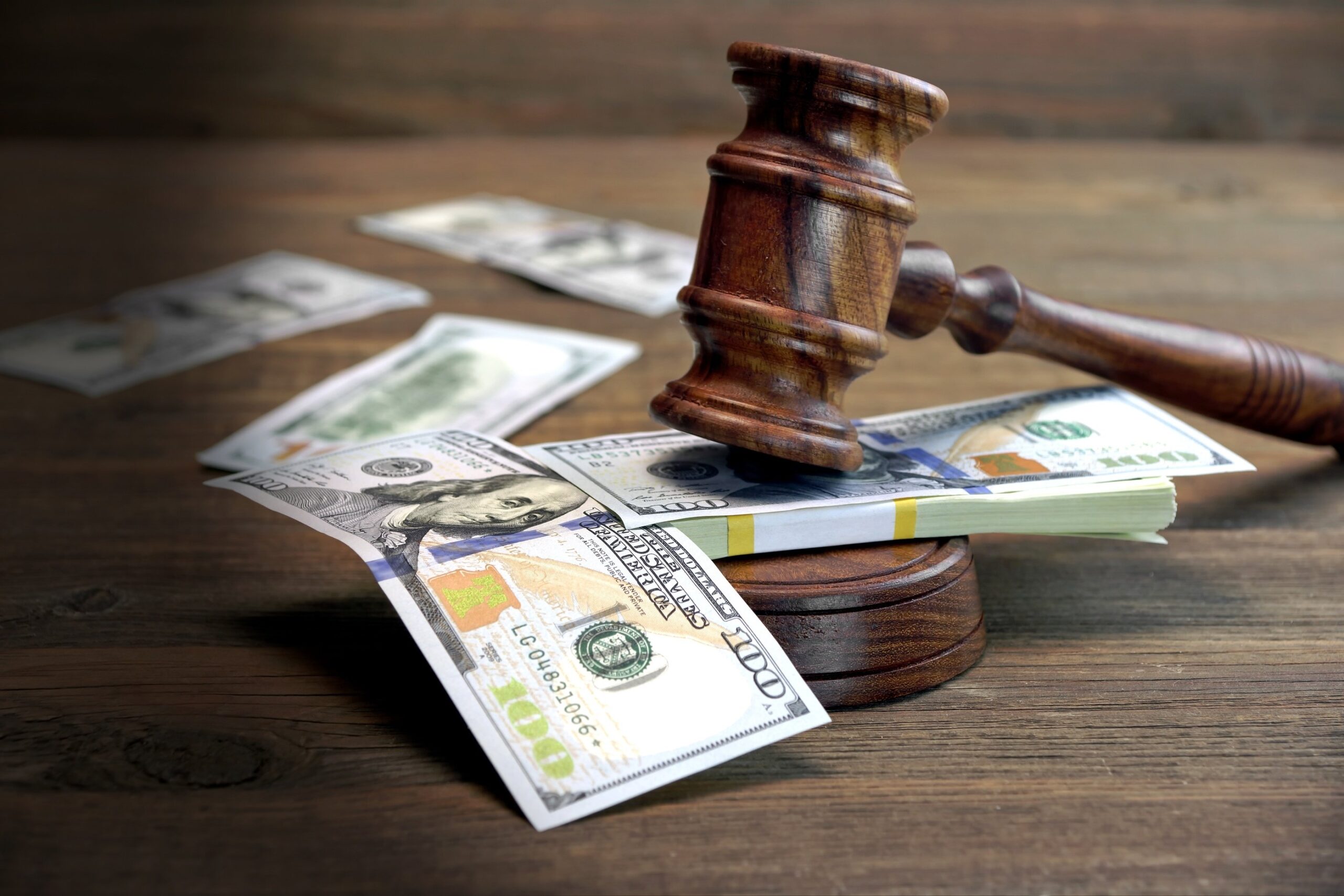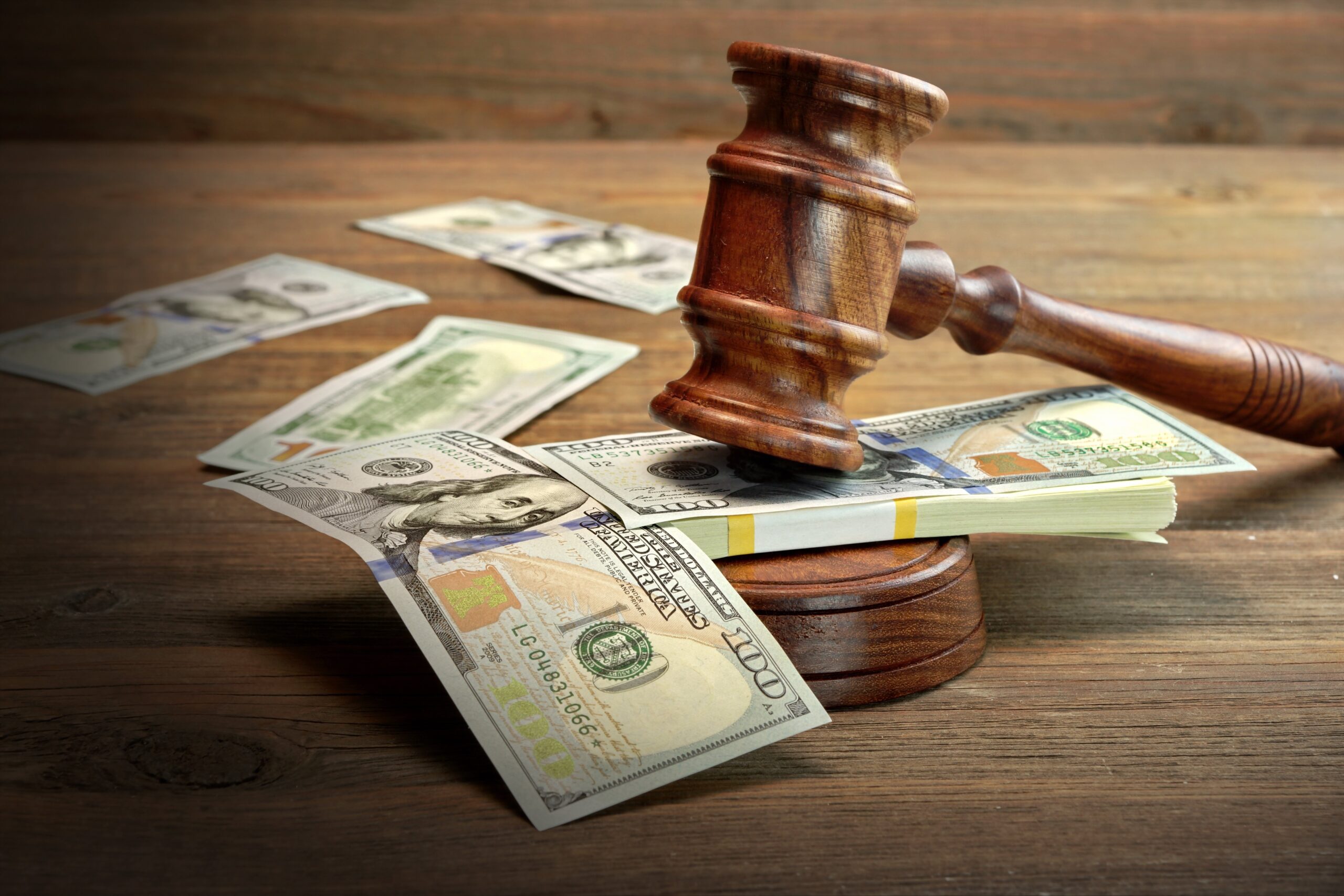
After seeing a recent article titled about getting money back for a Probate Bond we wanted to clear the air.
Here’s the truth: if you purchase a Probate Bond, you do not get that money back. Here’s why.
Buying a Probate Bond
When you purchase a Probate Bond (also known as a Fiduciary Bond), you are entering into an agreement with a surety company and the Obligee. The Obligee is either someone who has recently passed away and their beneficiaries, or someone you will be caring for.
A Probate Bond states that you will carry out the wishes of the deceased or the ward ethically and honestly. You can read more about how Probate Bonds work here.
When you buy a Probate Bond, the money you pay goes to the surety company that issues your bond. You don’t get that money back, even if you fulfill your duties. The money is non-refundable.
Getting Money Back for a Probate Bond – Not Possible*
Did you hear you could get money back for a Probate Bond? You could have heard misleading information.
When you are appointed as an Administrator, Executor, Personal Administrator, Trustee, Guardian, or Conservator, the court might require you to get a Probate Bond before you start your duties.
The court might also give you an option to pay cash in lieu of a bond. In our experience, this is rare. A cash option is usually given with collateralized Judicial Bonds, not with Probate Bonds. In the scenario where you are given both options, this is how it would work:
For example, if you are appointed as Administrator over a $50,000 estate, the court might give you the option to purchase a surety bond or post cash. If you opt to post cash, you will need to give the court the entire $50,000 up front. If you opt to purchase a surety bond, you would pay a surety company to write that bond for you. Generally, a $50,000 might cost you around $250.
Most people, for this reason, choose to purchase a surety bond because it is less expensive than posting the entire amount of the bond in cash upfront.
If you buy a surety bond, you cannot cash it out once the bond is exonerated or “released from the court”. You also do not receive back the money you paid for it.
*The only instance where you would receive money back for a court bond that you have purchased is if you renew your bond, and then the bond is exonerated mid-term. In this case, you might be entitled to a pro-rated refund for the money you paid for the current bond term.
For example, let’s say you purchased a court bond for $500 and each year you had to renew it for an additional $500 to keep it active. Now let’s say you renewed your bond in January, and the bond was exonerated in March, only a few months after you renewed it. You might be eligible to get back a portion of the $500 you paid to renew your bond, since it was exonerated before the next renewal term. If you are looking for a pro-rated refund, speak to the surety company who issued your bond.
So If I Pay Cash, I Can Get It Back?
Yes and no. If you decide to pay the court cash upfront, then—assuming you fulfill your duties to the court’s request—upon ending of the case, you would get your money back.
If you do not fulfill your duties, the court could dip into that cash to fulfill your duties, pay for various fees/costs, etc. If this happens, you do not get back that particular cash.
Which Should I Do: Cash or Probate Bond?
The decision is entirely up to you, and of course, to the court. If the court requires you to be bonded, then you must get bonded.
You can get a Probate Bond from a surety bond company like us.
Get started by getting a free quote below:
Like mentioned above, if you choose to purchase a surety bond, you do not get the money back that you paid for the bond, even after the case is through and after you have fulfilled your duties. Of course, if you fail to fulfill your duties, someone can make a claim against your Probate Bond. Bond claims hold you liable for your actions.
If the court allows you to post cash in place of a bond, you are free to do so, and as long as there are no claims with the court, the court would return that money to you at the end of the case.
Again, in our experience, having the option to post cash for a probate bond is rare. Usually, cash is only an option for collateralized judicial bonds.
Pros of Getting a Probate Bond
One of the largest pros of getting a surety bond is that a surety bond frees up your capital. Securing a bond only requires a premium to be paid, whereas the cash option requires a substantial amount of capital.
- Posting cash for $50,000 case: The cost is $50,000
- Posting a surety bond for a $50,000 case: The cost would be around $250
If you are ready to get a surety bond, let us help you. Our court bond expert works hard to find you the best rates for your surety bond. Get started with a free quote below:
Related Links:
7 Crazy Myths About Probate and Wills
What’s The Difference Between A Probate Bond and Judicial Bond?








